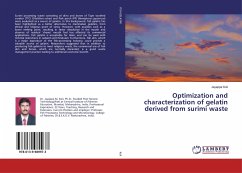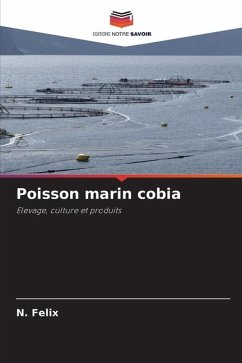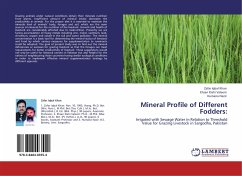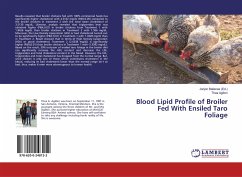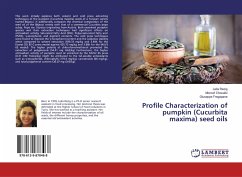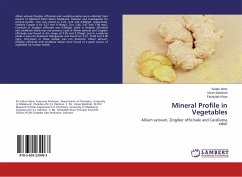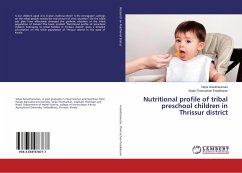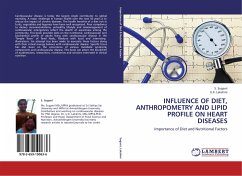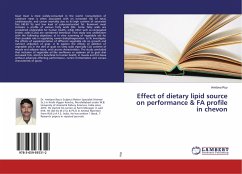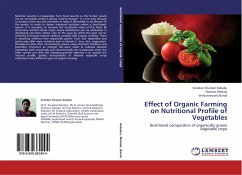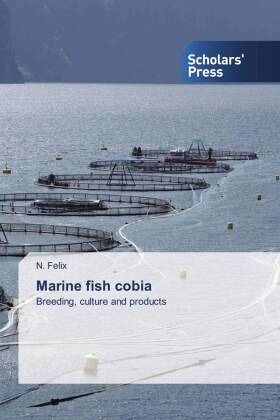
Marine fish cobia
Breeding, culture and products
Versandkostenfrei!
Versandfertig in 6-10 Tagen
43,99 €
inkl. MwSt.

PAYBACK Punkte
22 °P sammeln!
In India, marine finfish aquaculture is in low profile. In Coastal farming, shrimp aquaculture is the primary occupation and marine fin fish culture is at slow phase. Therefore, species diversification is an important aspect to expand marine aquaculture. As mariculture sector of India is looking forward to a potential candidate species and cobia, a marine species of fastest growth potential and a high valued species, would fit ideally into this groove to produce marine finfish for export market as it would fetch foreign exchange for the country. At present India has very few candidate species ...
In India, marine finfish aquaculture is in low profile. In Coastal farming, shrimp aquaculture is the primary occupation and marine fin fish culture is at slow phase. Therefore, species diversification is an important aspect to expand marine aquaculture. As mariculture sector of India is looking forward to a potential candidate species and cobia, a marine species of fastest growth potential and a high valued species, would fit ideally into this groove to produce marine finfish for export market as it would fetch foreign exchange for the country. At present India has very few candidate species available for farming in marine sector and shrimp, sea bass, oysters and crabs are few of them, having their hatchery technologies standardized.Cobia, the marine candidate finfish can be developed as a high value export oriented species for mariculture, as witnessed currently in other countries like China, Taiwan, Vietnam, USA and Australia. Cobia could be one of the few leading marine species of the future for the world in general and India in particular. They could attain 1kg after 6 months, 5-6 kg in 1 year and 8-10 kg at the second year in healthy culture environment.



